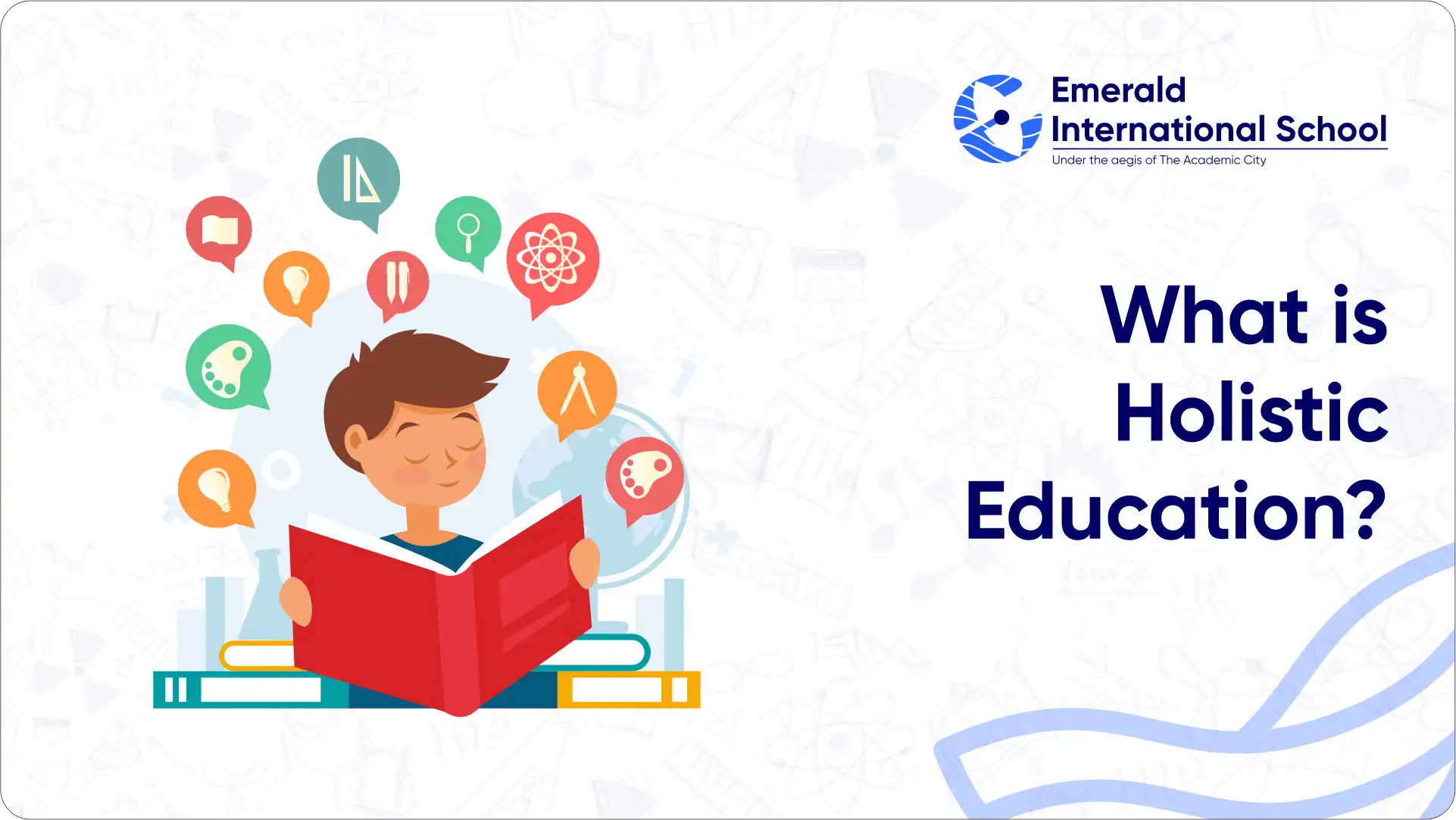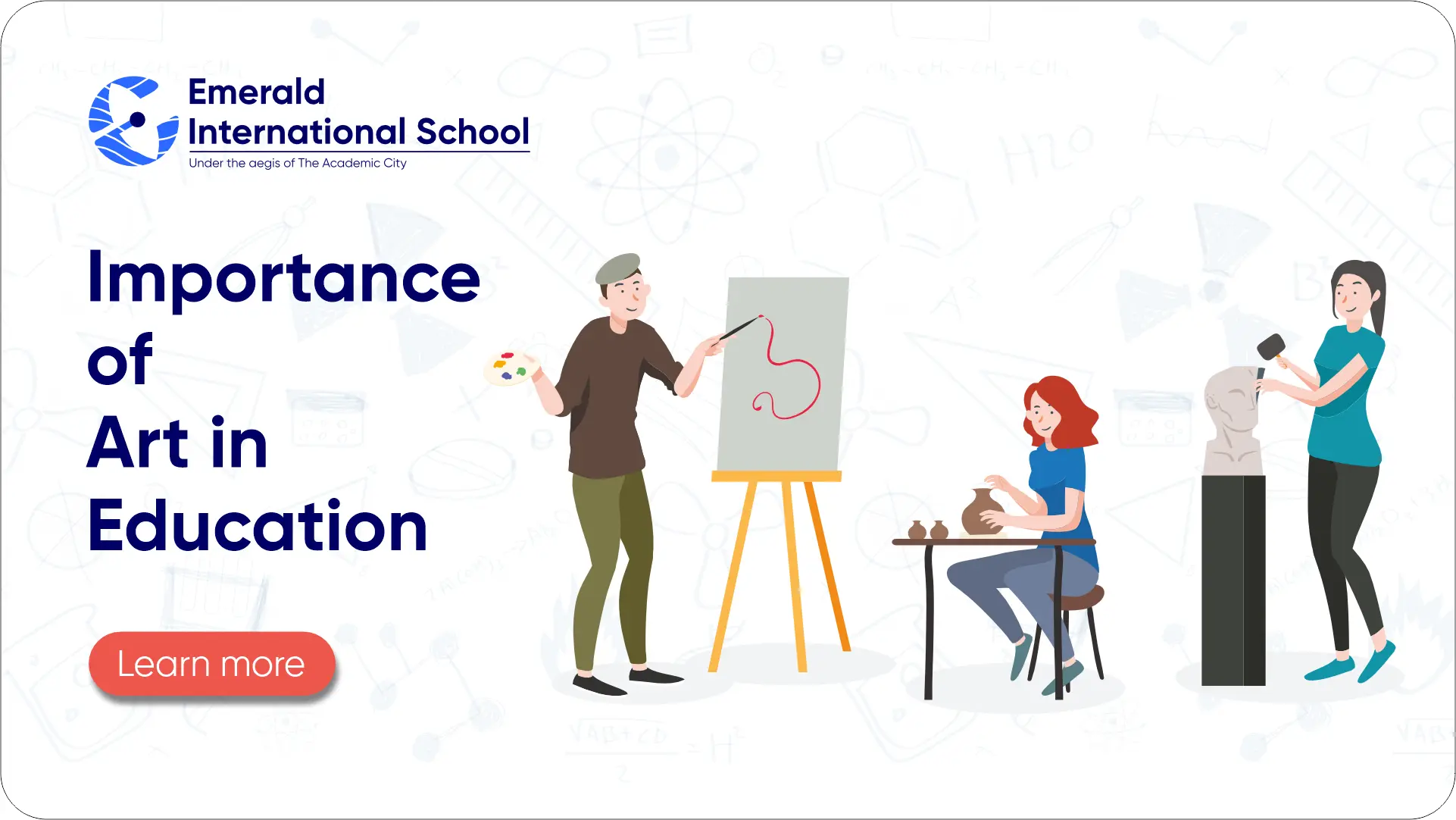The importance of games and sports in student’s life
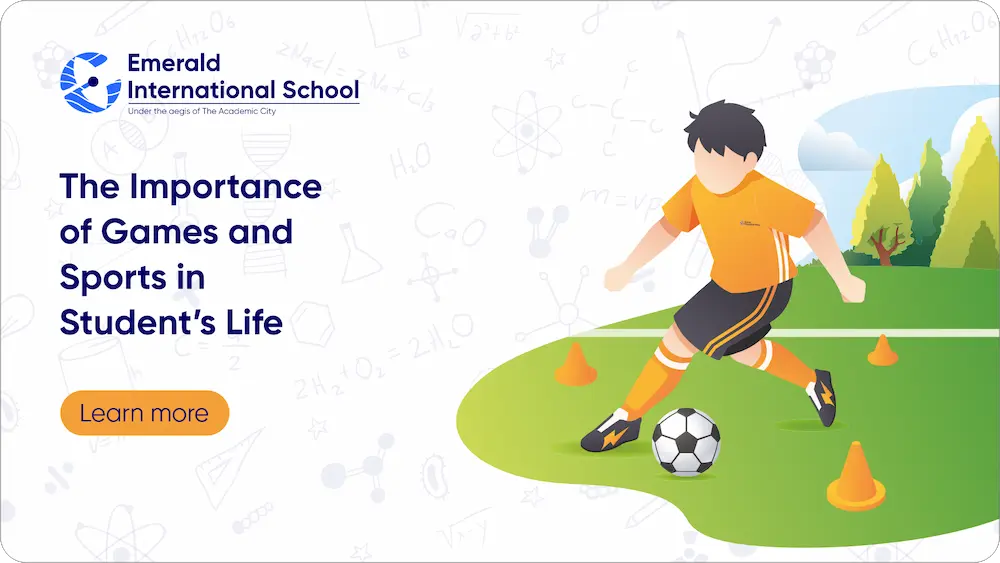
Introduction
We all have heard of the adage “all work and no play make Jack a dull boy”. Wisdom contained in old adages and proverbs embodies universal truths and time tested knowledge which today’s science and research is proving right. Many scientific studies have shown that physical activity promotes brain development in children. Physical activities in the form of organized sports, individual or team games and free play help a growing brain mature well.
The National Education Policy 2020 (NEP) recommends that school curriculum must be reconstructed to make it holistic thus adding sports, games and other physical activities as a compulsory part of the pedagogy. Holistic education relies greatly on the benefits of sports as sports not only help in physical development of children but also have a positive effect on the emotional, social and cognitive development of children.
Why are sports important for students?
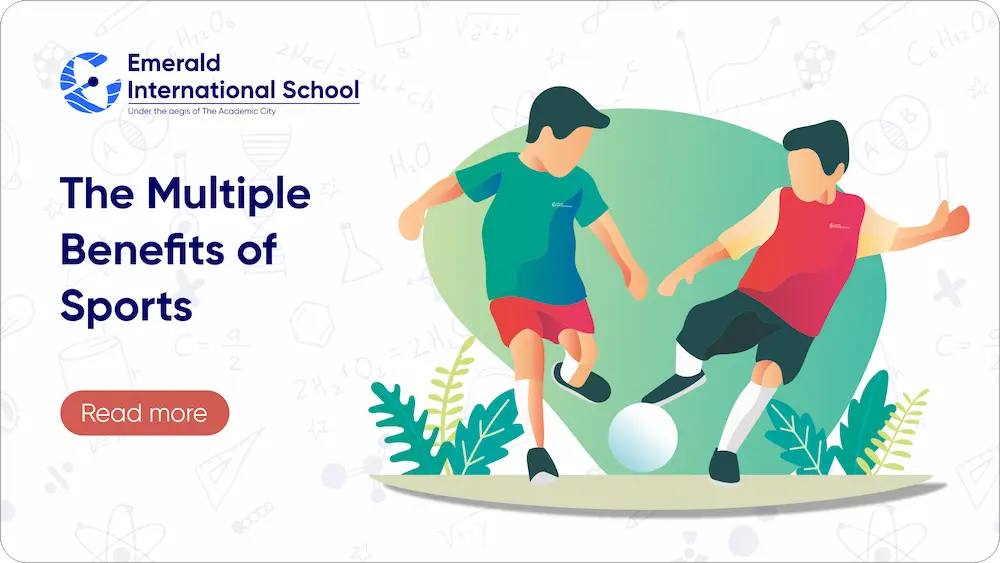
Physical benefits of sports:
- It is obvious that sports help in the physical growth of children. They provide exercise to different muscle groups and kick in hormone production, which are vital for a child’s growth.
- In the modern age of information, where children are addictively hooked to gadgets and the internet, child obesity has become a major concern for parents. Children should get back to tanning their skin and sweating their guts out on the playground for good old reason of maintaining healthy body weight
- Physical activities can strengthen antibodies and generate white blood cells thus boosting the immunity of children.
- Exposure to bacteria and other microorganisms in the soil makes children build physical resilience to a range of infections.
- Physical activities and sports improve the quality of sleep. During sleep the body repairs and restores itself. Good sleep dissipates stress, improves metabolism and provides protection against chronic health problems and thus sleep is absolutely important for children.
Impact of sports on emotional growth:
- Competitive nature of sports boosts healthy confidence and self esteem of children
- It develops the much needed ‘sportsman spirit’. It develops the virtues of fairness and treating people justly. It builds the emotional strength to face failure with courage and share the credit of success. It builds humility that will help children even in their adult life.
- Interpersonal skills such as negotiation, effective communication, team collaboration and conflict resolution are naturally learnt during sports thus improving the emotional intelligence of children
- Sports and games exposes a child to difficult emotions such as frustration, anger, urge to retaliate, pressure to perform, and fear of failure. By design, sports encourage a child to regulate and moderate such negative emotions. The children learn emotional self-regulation through sports
- Qualities such as respecting rules, being obedient, respecting authority, discipline, honoring seniors and putting team interest above self interest are virtues that only sports can develop in a child.
- Physical exertion during sports releases endorphins or happy hormones in the body. Thus children who play are naturally happy and cheerful. It increases overall sense of well being in children
Social benefits of sports:
- Sports provide an opportunity to make friendship stronger amongst children. Such friendships lasts for a lifetime
- It provides a social circle and network of people who share common interests, ideas and preferences. The child can fall back on such relationships and social connections when he/she needs to.
- It helps children build a strong sense of self identity and belongingness which we all crave for.
Enhance academic performance through sports:
- Engaging in sports can improve a child’s cognitive functions. It has a positive effect on the child’s memory, attention, and learning.
- It is a common observation that children are much more calm and open to listening in the classroom after a session of exhausting physical activity. Thus sports make children more susceptible to classroom teaching.
- Research also demonstrates that sports and physical activity can improve executive function of the brain such as planning, critical thinking, prioritizing, and memory in children. Children who engage in sports can employ their higher order thinking more effectively thus improving their academic performance too.
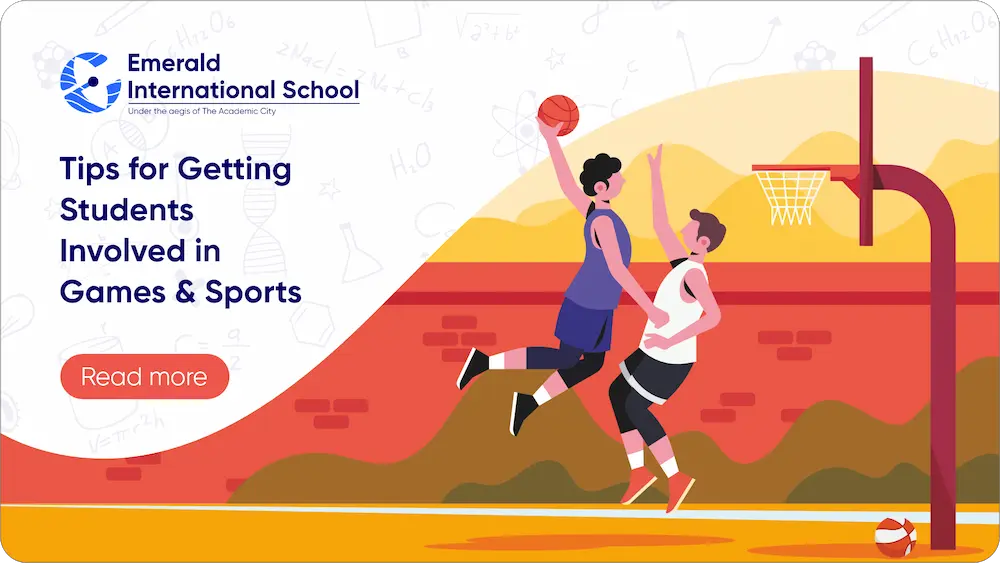
How to engage children in sports?
- Whether organized sports or free play or group games, don't view physical activity as a ‘waste of time’ which most Indian parents do.
- Identify a school that strikes a balance between academics and sports and provides holistic education. Identify a school that has good sports infrastructure – both outdoor and indoor sports
- Provide formal training in at least one sport and encourage them to pursue it irrespective of whether they excel in it or not.
- Get your child off gadgets and the internet. It does more harm than good to your child.
- Get involved in physical activity yourself. Play with your child in your neighborhood to the extent possible. If you enjoy physical exertion, your child will also learn to enjoy it.
Conclusion
In a modern world where both parents are working and children are hooked to gadgets, the responsibility of providing good physical activity and sports has fallen entirely on schools. This is the reason why our new National Education Policy also mandates sports as a part of school curriculum
The playground is a microcosm of life. Sports prepare children for the challenges of adult life. As nutritious food is vital for the development of a healthy body, engagement in physical activity is vital for the development of a healthy mind. The lofty aims of holistic education cannot be realized without making sports an integral part of education. A childhood devoid of play is a childhood denied.
Away from the hustle and bustle of Bangalore city, nested in the lap of nature, Emerald International School is a fully residential school which aims to provide holistic and experiential education to children between grade 4 to grade 12. The curriculum of the school is designed to encourage all round development of the child. There is a good balance between academics, sports, cultural activities and life skill development at school. Being a residential school, all facilities are provided with the same campus. The infrastructure includes facilities for sports such as swimming, skating, basketball, football, cricket and badminton and other indoor games.
We at Emerald International School encourage all our prospective parents to spend a day with us when they come in for an enquiry. They are encouraged to understand all the programs and activities of the school in detail, interact with teachers, go through extensive campus tours, interact with principal and get a firsthand experience of the school’s program.
